Making a Message Stick: A How-To Guide
Whether we're doing 1:1 coaching, providing strategic communication support, or facilitating a workshop, we often get asked about what amounts to essentially the same challenge:
In coaching, it sounds like this: "I can't get my [boss, peer, team, investor] to understand my point of view."
In communications, it takes this form: "We need to get people excited about what we do, but it's hard to do that in a quick and memorable way."
In workshops, we hear: "How can we communicate our team's value to leadership?" or "My message is strong, but my audience doesn't seem to retain it."
While each situation is slightly different, the essence is the same: it can be hard to get a message to resonate with a particular group or individual.
In all of these instances, it's important to fully understand why the issue is arising. Does the person (or team) experience the same phenomenon in other situations or when talking with other people? Have they paused to listen to what the other party might be telling them? Are they putting too much (or too little) weight into how they think they're being perceived?
But once any outlier factors have been ruled out, we can focus on the core communications challenge: making content resonate.
Here's a quick, adaptable guide to making your message land.
What are you trying to say?
For starters, ask yourself this: What are you trying to say? More often than you might think, this isn't the same as how you should ultimately present your message. Apart from anything else, your final message is almost always going to be shorter.
Long ago my clients tired of me quoting Mark Twain ("Sorry I wrote you a long letter; I didn't have time to write a short one."), but he had it right: it takes a little more effort to send a stronger message, and that message is usually shorter.
In other words, the longer your content, speech, or answer, the less of it people will retain.
Brevity isn't about dumbing things down, it's about being prudent with your words.
Think of a brand or public speaker you admire. I guarantee you the brand's voice, aesthetic, and advertising are clean and succinct and that the speaker keeps their remarks brief and pauses often. Because when have you ever heard anyone say the following?
"That was a fantastic speech; I particularly enjoyed the second hour."
"Your website is awesome, I love all the long paragraphs of minute detail and working hard to discern the point."
"I love scrolling through your really long emails on my phone, trying to find the part where you tell me exactly why you're emailing me."
What does your audience actually care about?
Next, consider your audience. You might want to talk about how your product, idea, or solution is the best one around because it's been extensively tested and well-reviewed.
But your audience might care more about cost, about speed, or about something else entirely.
Landing your message depends on speaking in terms that reach that person or group. So ask yourself, what do they actually care about?
Make it memorable
There's more to good communication than being concise. (Though it's a good place to start.) So how can you make your message stick?
Let us count the ways: repetition and reinforcement, examples, anecdotes, relevant quotes, analogies, and strong visuals are all good ways to stand out.
But those are just the beginning - the best communicators bring a fresh approach and one that's appropriate to both their message and their audience. If you're marketing a business, a product, or service, consider asking your clients how they talk about you. That can give you perspective and might just give you your new tagline, too.
If you're struggling to communicate with your colleagues, take a moment to ask them how they prefer to be communicated with - and listen.
If you're a team with a whole lot of elephants in the room, consider holding an off-site meeting to address and move past communications roadblocks.
After all, you can't control other people - but you can control how you communicate.
At Pencil or Ink, we specialize in helping individuals and businesses lead through strong communication - whatever the context. Drop us a line to learn more.
--
Ellie Hearne is a leadership-communications expert and founder of Pencil or Ink. She has worked closely with Apple, Google, Kate Spade, Marriott, Morgan Stanley, Oracle, Pfizer, Piaget, Spotify, Starbucks, and Twitter, among others. In particular, Ellie loves helping people better articulate themselves. Ellie can be reached here, here, and here.




